Anaphylaxis is a strong reaction when your body faces allergens it dislikes, like peanuts or insect bites. This reaction is much more serious than normal allergies and needs quick medical help to avoid death.
Think about your immune system as the protector of your body. Usually, it fights against enemies like Bacteria and Viruses. Still, sometimes, when it mistakenly identifies allergens as threats—a situation called Anaphylaxis—it starts a big overreaction by releasing substances that cause widespread turmoil, which is an extraordinary way of defending itself.
Symptoms appear quickly and strongly, often within a few minutes. You may feel like you cannot breathe properly; swelling in your throat or tongue can happen, similar to how a balloon expands. Hives might break out on your skin, and it's possible that you could feel weak or dizzy, too. This encounter proves highly unpleasant indeed.
If you think someone has Anaphylaxis, it's crucial to call for medical help quickly. Giving a medicine called Epinephrine right away can save their life. Remember, Anaphylaxis is severe and not like a bit of cold that goes away after rest—it needs urgent attention.
Many people think Anaphylaxis is very common because it has severe symptoms and a frightening name. However, the truth brings relief: this condition does not occur frequently its occurrence in the United States ranges from 1.6 to 5% among individuals![]() . Based on the statistics, it is likely that many people will not have a single occurrence of this event in their whole life, giving a comforting picture.
. Based on the statistics, it is likely that many people will not have a single occurrence of this event in their whole life, giving a comforting picture.
Safety should not be overlooked, even though severe allergic responses are rare. The circumstance can become critical; therefore, prioritizing safety is essential. This is why it is good to seek assistance from a medical professional immediately when an individual suspects they may have an allergy or senses that a severe allergic response might occur shortly for themselves or someone else.

Anaphylaxis is much more than a minor irritation in the nose; it needs quick medical attention. Handling this strong allergic response adequately is essential because it can harm health.
Think about the system that protects your body, which usually works like a guard inside you, but it changes into something that could be harmful. People with Anaphylaxis must carefully avoid specific things like peanuts or bee stings. When they come across these materials, their bodies have a strong reaction. The immune system releases many chemicals that cause problems all over the body.
Usually, it feels like there is a superhero within you, but for people who have anaphylaxis, their immune system turns into something dangerous, similar to a villain's. When they come across things like peanuts or are bitten by bees, their body reacts strongly and releases many chemicals that cause problems all over the body.
Symptoms may show up quickly and very strongly in a few minutes. You could find breathing hard, your throat or tongue swell, or you might get hives on your skin condition, which could even precipitate dizziness, fainting—or shock.
Anaphylaxis shows different symptoms at every stage, and together, they show how severe the allergic reaction is.
A sudden meeting with something that causes allergies can cause a person's immune system to react too much. This often happens when they come into contact with things like nuts or fish, bites from insects, medicines, and some types of fabrics.
People might feel a more robust reaction when they see their skin getting hives, turning red, or swelling up; this usually comes with not feeling comfortable. Also, there can be signs of trouble breathing, like difficulty breathing and starting to wheeze. When the heart beats very fast and blood pressure goes down, it might make a person feel a strong sense of nervousness.
During the crisis stage, symptoms get stronger quickly–and they are dangerous for a person's health. Problems with breathing show what this is like because they become much worse and make it more possible that something will block the air going into the lungs. At the same time, a very serious problem is when blood pressure drops quickly, which can cause the heart to fail. Strong stomach issues–such as throwing up or having Diarrhea might happen, too.
In the last part, there is an important change that could lead to either getting better or a bad outcome. Quick use of Epinephrine – it can save lives – fights against worsening signs and starts fixing; but if we don't act fast, someone might die because they stop breathing or have heart problems from a strong allergy reaction.
Some factors can increase one's vulnerability to Anaphylaxis, although it can occur in anyone.
Individuals with existing allergies to specific foods, drugs, insect venom, or latex have a higher chance of experiencing intense allergic reactions if they are exposed to these substances.
Mast cell diseases are rare conditions when the immune system produces excessive mast cells, leading to heightened allergic responses. Individuals suffering from these disorders may experience severe reactions to substances that typically do not provoke such issues.
If a person with asthma, hay fever, or eczema encounters a trigger for their condition, it is more likely they will have a strong allergic reaction called Anaphylaxis.
Certain medications such as Aspirin, Non-steroidal Anti-inflammatory Drugs, and specific Antibiotics may trigger severe allergic reactions in individuals with existing allergies or sensitivities, demonstrating the potential for intense responses to widely used medicines.
Asthma that is not managed well, doing physical activities, consuming alcoholic drinks, and changes in hormones during menstrual periods or pregnancy can worsen anaphylactic reactions even for individuals who typically face a lower risk.
The list is unfinished; a person can still have Anaphylaxis without the factors that usually increase its risk. If you are concerned about your chances of having Anaphylaxis, or if you notice someone else with symptoms of this severe reaction, it's crucial to seek medical attention immediately.
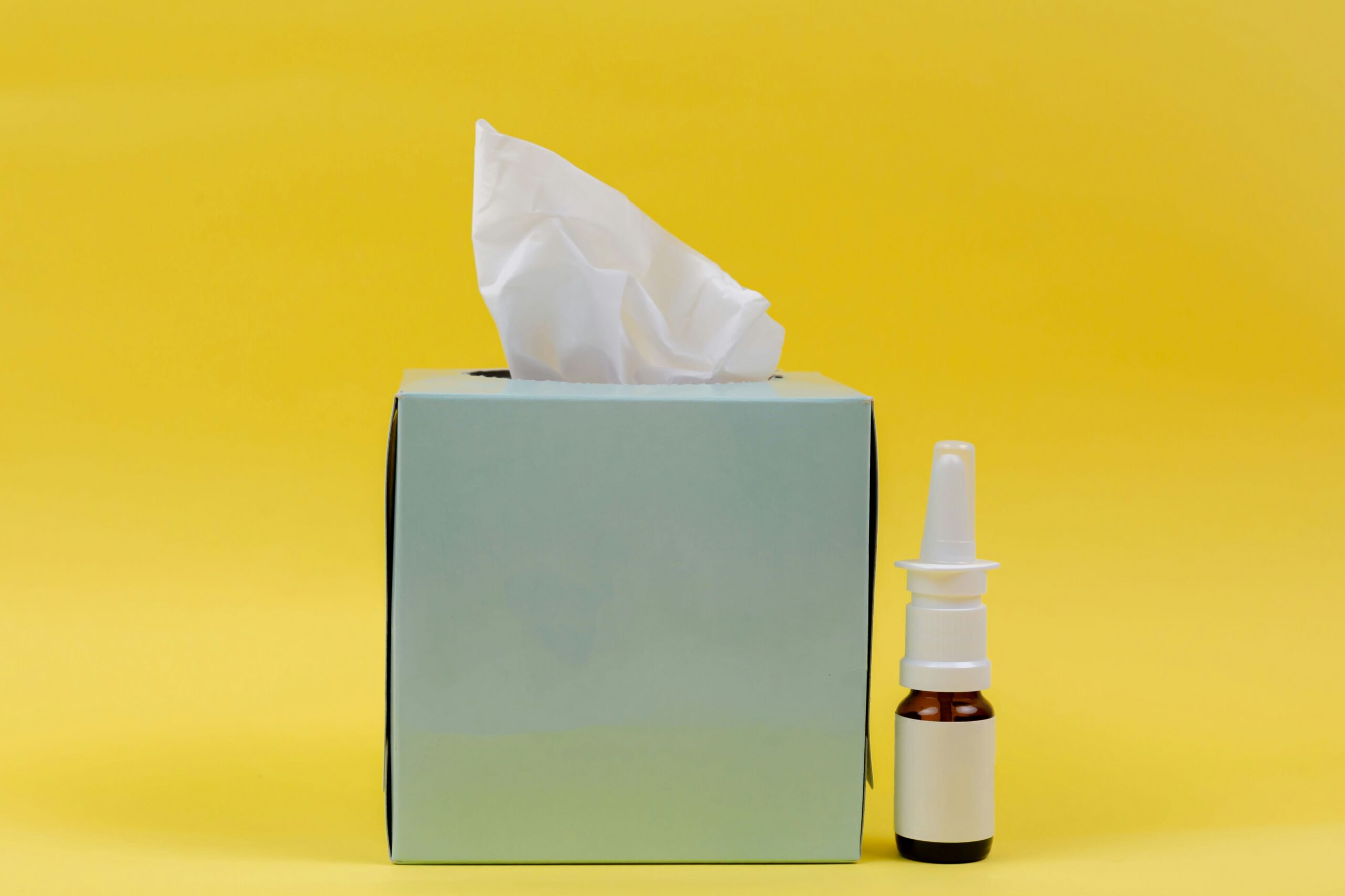
Check the skin for raised, itchy red marks that look like hives or big swelling![]() . Often, you see these signs on important parts of the body, like the face, lips, and hands.
. Often, you see these signs on important parts of the body, like the face, lips, and hands.
Having trouble breathing, like a whistling noise when taking air in or feeling tightness in the chest, can show serious problems inside.
If blood pressure goes up, it might make the heart beat faster and could cause an irregular rhythm, which makes one feel light-headed. The most severe result might be quick fainting, which is very dangerous.
Also, signs like feeling sick to the stomach, throwing up, Diarrhea, or bellyaches could happen to someone.
When you have these signs in your body, feelings of nervousness or fear usually come with them; a strong feeling that something unwelcome is going to happen might also appear at the same time.
It is very important to get medical help quickly if someone has Anaphylaxis, which is a dangerous and strong allergic reaction. Acting fast can have good outcomes, but this situation can change from being uncomfortable to becoming something that could cause death. Now, let us embark on an exhaustive exploration of potential outcomes:
Remember, every person with Anaphylaxis could have problems–to reduce this danger and ensure they fully recover, it is very important to get medical help quickly when the allergy happens.
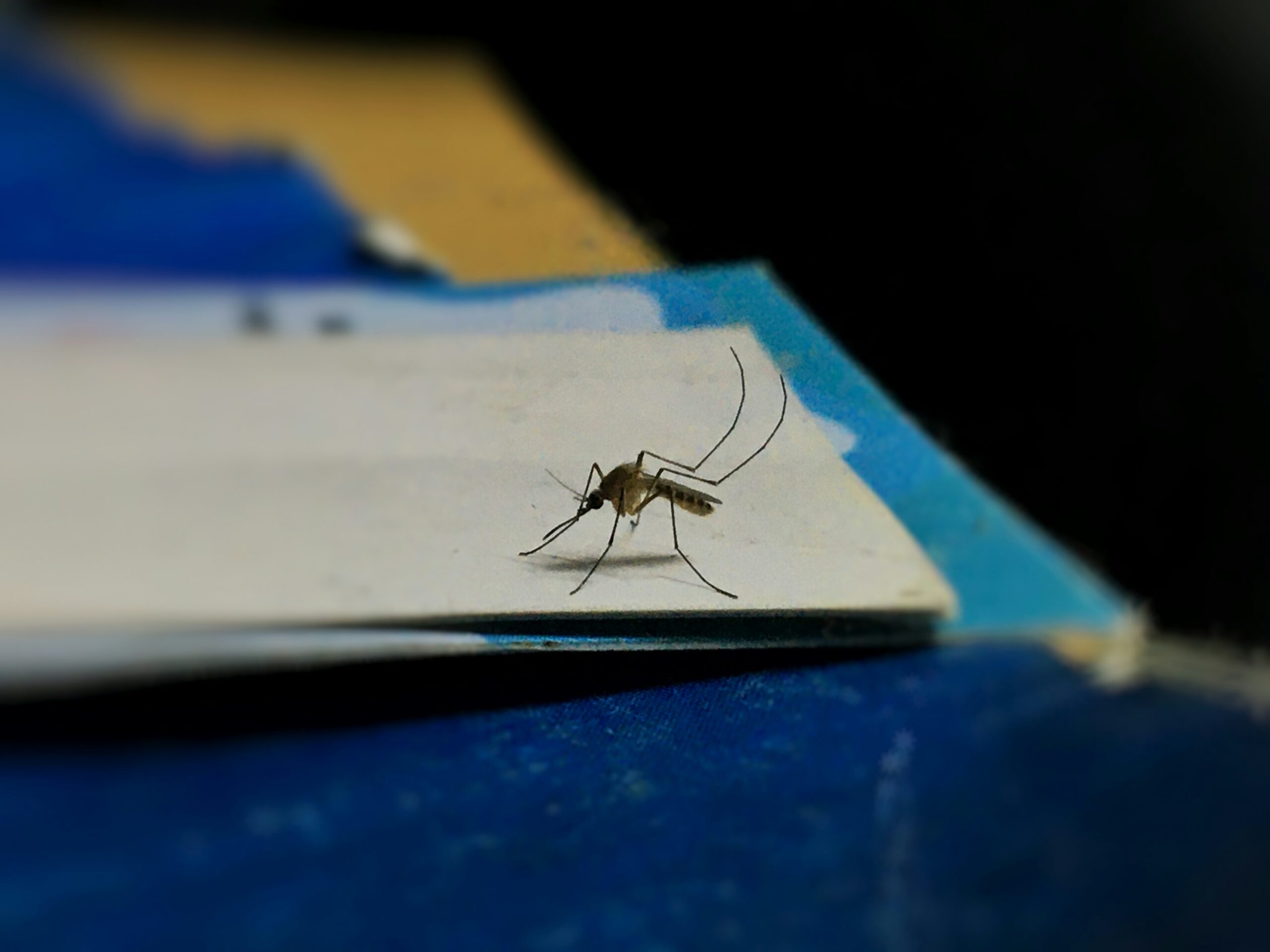
Avoid trying to diagnose yourself. Mistaking a serious allergic reaction for something less severe might lead to negative outcomes. Should you suspect someone is experiencing Anaphylaxis, immediately contact the emergency services.
Medical professionals use various tools to diagnose Anaphylaxis, including:
Rather than trying to handle it yourself, you must quickly call for emergency help. Carefully follow these important steps:
Medical professionals will take over upon arrival and may administer additional treatments, such as:
The prognosis for anaphylaxis patients generally depends on several factors, including several factors.
Giving Epinephrine quickly at the start makes the results much better, showing how severe the reaction is. If someone ignores or delays this treatment, it might cause hazardous problems and even death.
Giving medicine quickly and helping the patient in other ways makes it much more likely that they will fully recover; this is why getting fast treatment for Anaphylaxis is very important.
Health problems that are already present, significantly if they impact breathing or blood flow, can make it more difficult for people to get better after having anaphylactic reactions.
Most people who suffer from Anaphylaxis get better fully, with no lasting problems, if they receive fast and correct medical help. However, it's essential to understand that Anaphylaxis is a dangerous condition; even reactions that look mild at first can quickly become serious.
In a medical environment, doctors carefully watch patients for a long time, maybe the whole night, after a very severe allergic reaction. They do this to make sure no late symptoms are appearing. Also, these physicians thoroughly investigate what caused the allergy and advise on how to stay away from things that can cause it again and improve ways to handle any future allergic reactions.
If you believe a person might be suffering from Anaphylaxis, don't attempt to behave like a hero; it is wiser to seek medical assistance immediately. Quickly contacting emergency services is crucial when you or someone else could be having this severe allergic response. Do not await symptom exacerbation or hope for spontaneous disappearance; instead, take immediate action.
Here are some warning signs that scream, “Call for help! “:
Trouble breathing – this could be rapid, shallow breathing, wheezing, or feeling like you're choking.
Throat or tongue swelling – making breathing and swallowing difficult – these symptoms are expected for this health condition.
Skin reactions – hives, itching, and skin flushing are common symptoms.
Dizziness, lightheadedness, or fainting – this can happen due to a drop in blood pressure.
Persistent nausea or vomiting – this can be another sign of a severe allergic reaction.
Act fast if you see a sign of allergy just after touching what often gives an allergic reaction. Reach out for urgent medical support and clarify that it could be Anaphylaxis; this is crucial to perform.
Every minute counts a lot when someone is having an anaphylactic attack. As you wait for emergency assistance, do what needs to be done – have them lie flat and undo any tight clothing. If they have an Epinephrine Auto-Injector![]() , assist them in using it by strictly adhering to the provided instructions. Maintain a composed demeanor and continuously offer reassurance to the individual until help arrives; following these procedures is crucial during an emergency.
, assist them in using it by strictly adhering to the provided instructions. Maintain a composed demeanor and continuously offer reassurance to the individual until help arrives; following these procedures is crucial during an emergency.

Anaphylaxis might seem scary, but it is a condition that can be understood. Knowing what it does and identifying which allergens trigger you is important because this information helps prevent the disease successfully. After identifying the foods, insect stings, or medications that trigger these responses (a task akin to battling a severe illness), it becomes something you can consciously avoid.
It is crucial to pay close attention when reading food labels, especially if you are eating out. Feel comfortable asking questions in restaurants or about ingredients that are unfamiliar to you. If you have allergies because of insect bites, it is very important to be cautious and avoid areas where insects could be found.
Available treatments like allergy shots can decrease sensitivity to conditions like bee sting allergies. Undergoing this desensitization process lessens the likelihood of a severe reaction.
If you have had Anaphylaxis before, it is crucial to carry an Epinephrine Auto-Injector because unexpected situations can occur despite being cautious. Administer this drug immediately in case of an emergency.
Understanding the things that trigger your allergies is crucial because it reduces the risk of a bad allergic episode. If you believe someone has Anaphylaxis, do not delay: get emergency assistance immediately. Their health could depend on it.
When the immune system reacts too strongly to things like peanuts or bug bites, it can cause Anaphylaxis, a very serious allergy reaction and much worse than regular allergies. That's why it's so important to get medical help right away; if not treated quickly, someone could die from this condition. Symptoms that show up quickly are having trouble breathing, swelling in the throat or tongue area, skin getting hives, and feeling very weak and dizzy all at once.
Despite what many people think, only 1.6 and 5 percent of individuals in the United States are impacted by Anaphylaxis. Even so, because a person could have an allergy or a severe reaction, it is imperative to get medical help immediately for protection.
Physicians examine the patient's full medical background and conduct a physical check to see if it is Anaphylaxis. Sometimes, they might ask for blood tests, too. When there is an emergency, it is very important to act quickly. We must give medicines like Epinephrine and also use antihistamines and corticosteroids. People need oxygen therapy as well as getting fluids through IV. Whether someone will recover depends on three main things: how fast they get Epinephrine, their health, even if they have other sicknesses, and how quickly they can get help from doctors.
Difficulty in breathing, heart work problems, or trouble with brain and stomach functions can happen. If these get worse, they may lead to the kidneys failing or possibly cause death. Overseeing patients after an event is critical; it helps them understand why something happened and might stop it from happening again.
People need to learn about substances that cause allergies to avoid severe allergic reactions. It is important for them to carefully check the labels on food products and ask questions about ingredients they do not know. They should also stay away from places where dangerous insects like bees might be found. Those who have have allergy attacks before ought to always have an epinephrine auto-injector with them. Knowing the first symptoms, clearly recognizing them, and quickly getting help is very important for stopping and controlling Anaphylaxis successfully.
Table of Contents
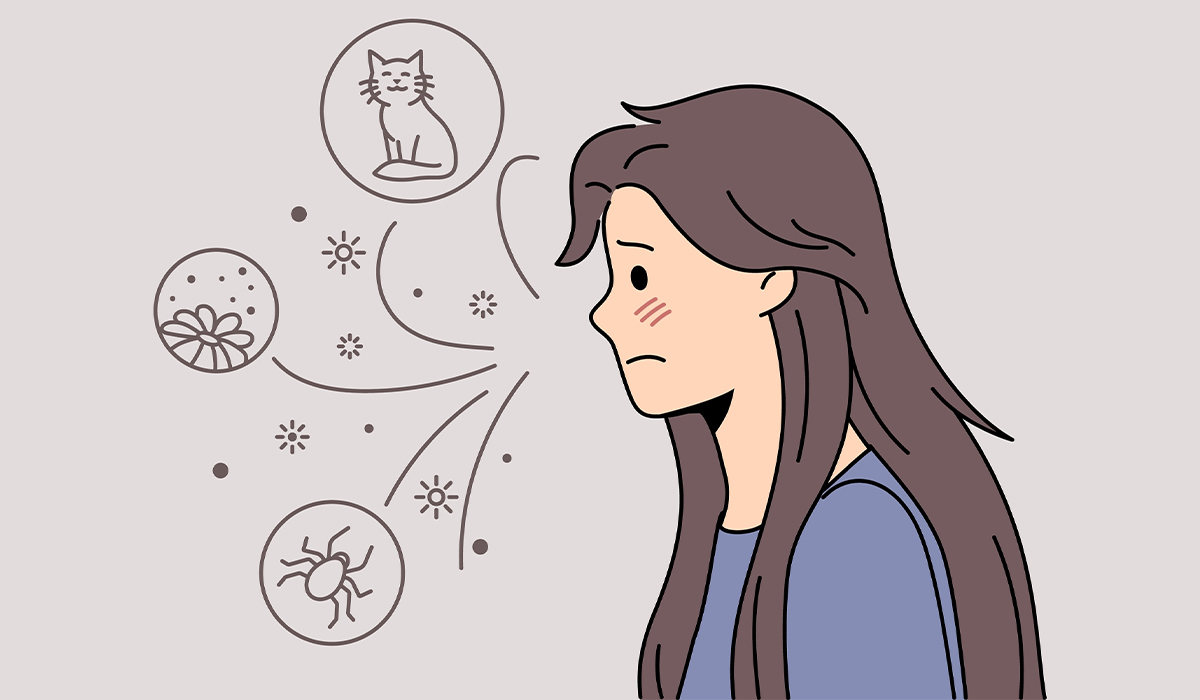
Allergies happen when the immune system starts a reaction against certain substances, such as pollens, pet fur, food, or medication.… read more »

Food allergy is a common condition. Nowadays, the number of cases is increasing. The symptoms are many and varied. Find… read more »
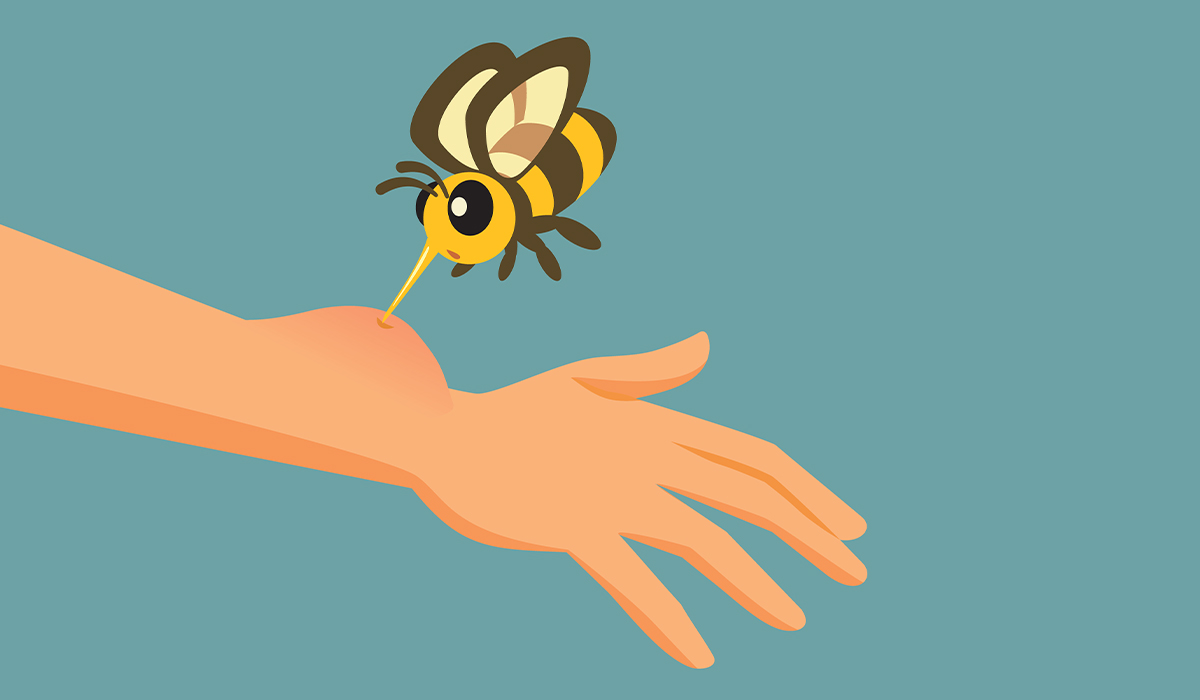
When a bee sting happens, it implies the bee is working hard to push the stinger into someone's skin and… read more »
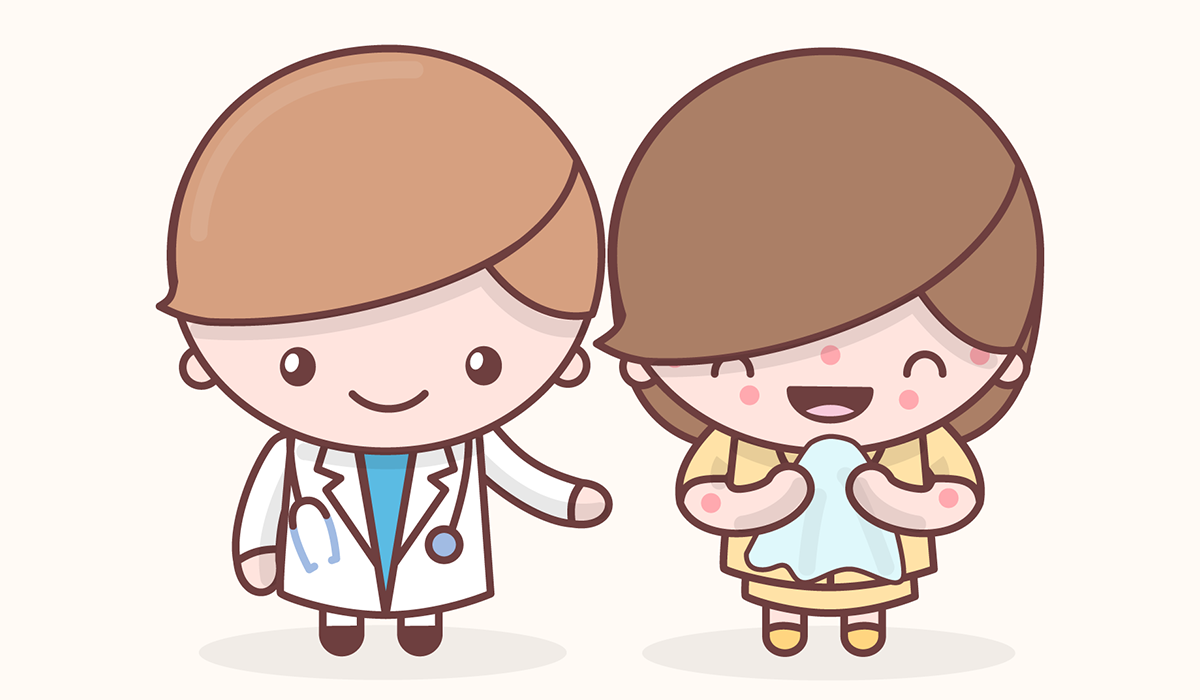
An allergist is a doctor who specializes in diagnosing, treating, and managing allergies and other immune system disorders. read more »
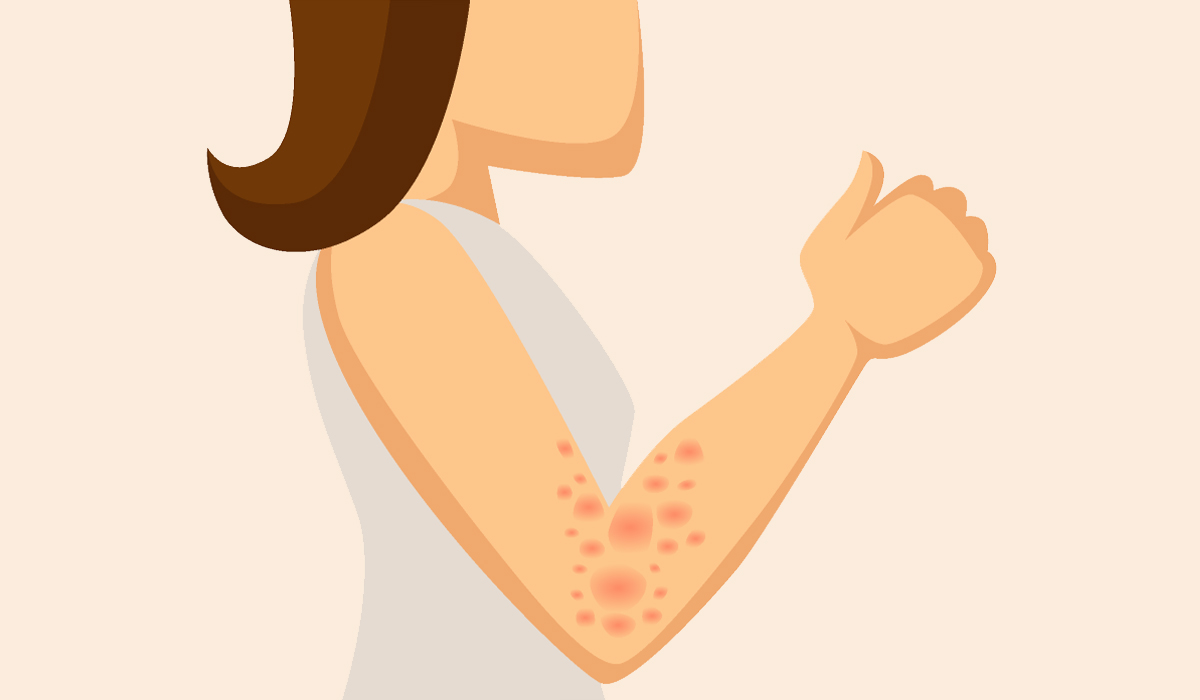
Angioedema is a medical condition characterized by rapid and localized swelling in the deeper layers of the skin and inner… read more »

Hay fever is one of the symptoms of allergies. It may appear immediately after contact with the allergen or after… read more »

Activated charcoal is a substance used for various ailments. The most common use is to treat poisoning. However, charcoal also… read more »
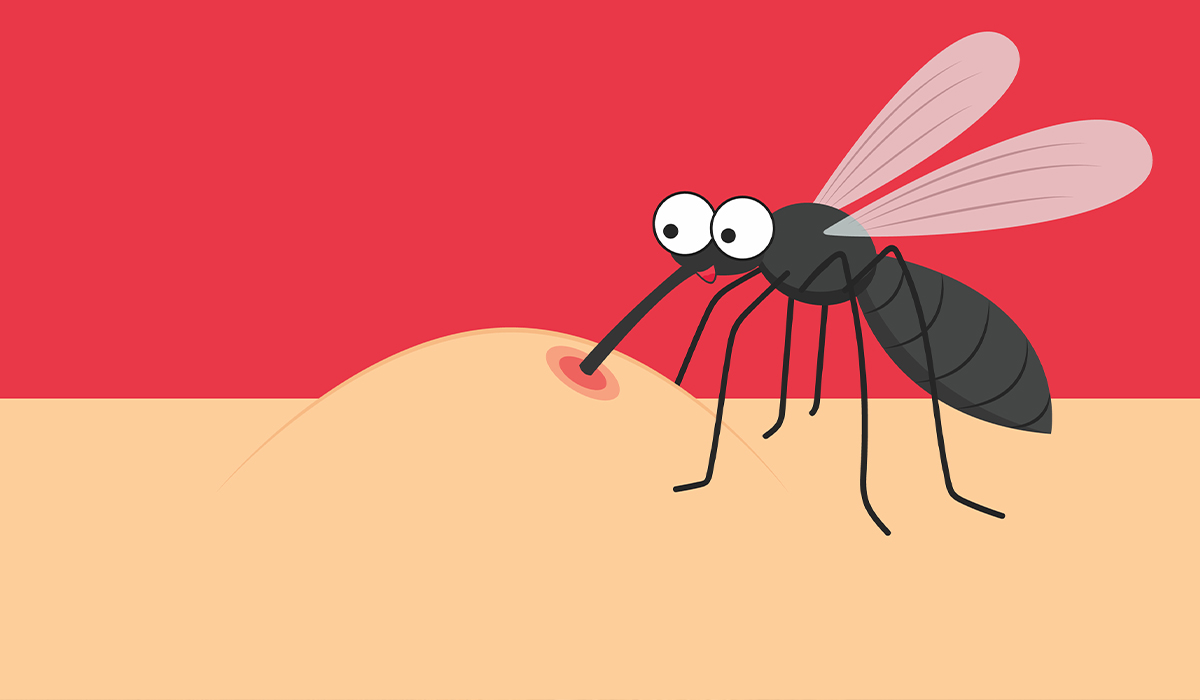
Mosquito bites are a skin reaction to the bite of a female mosquito. Why is this happening? How to prevent… read more »
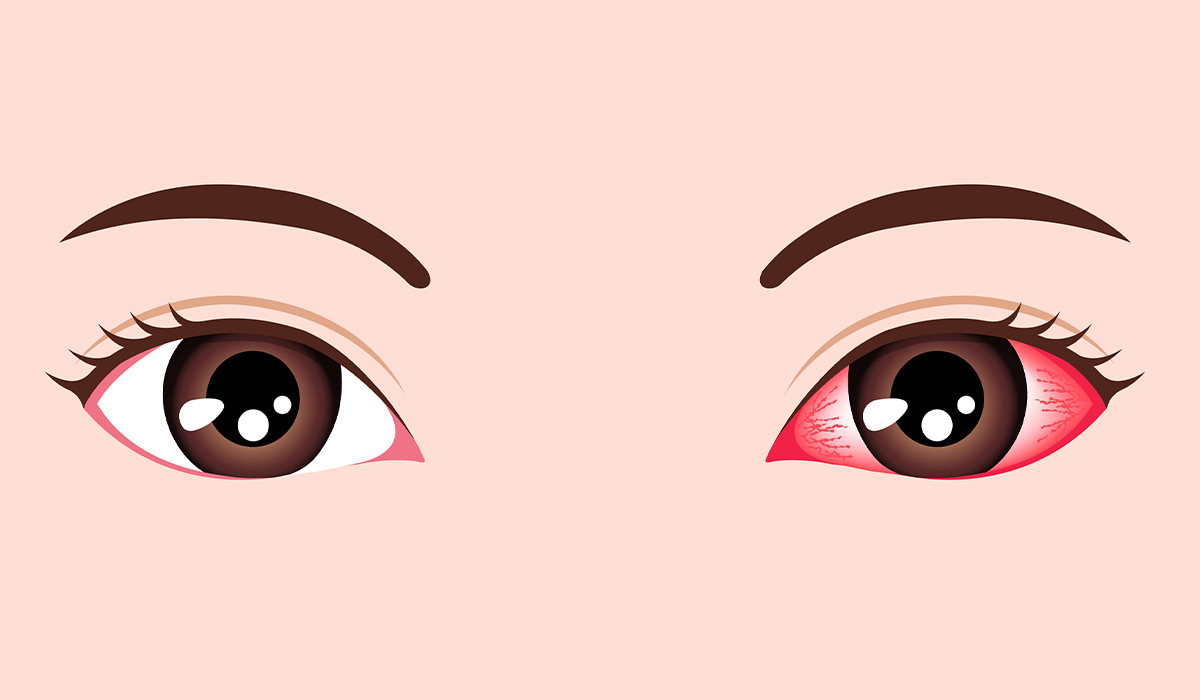
Pink eye is one of the most frequently diagnosed ophthalmological diseases. It may be bacterial, allergic or viral. What are… read more »